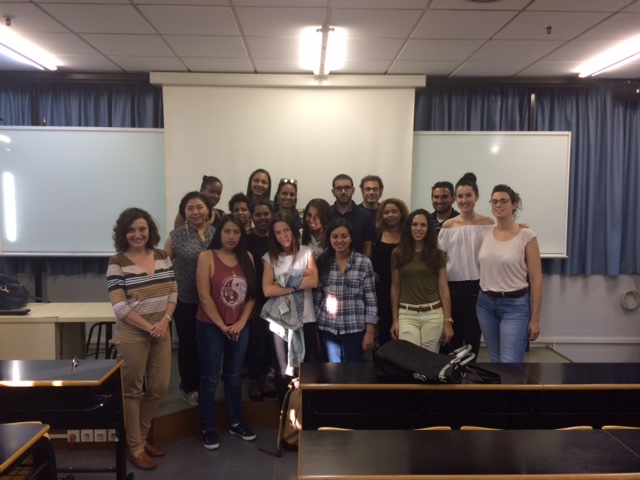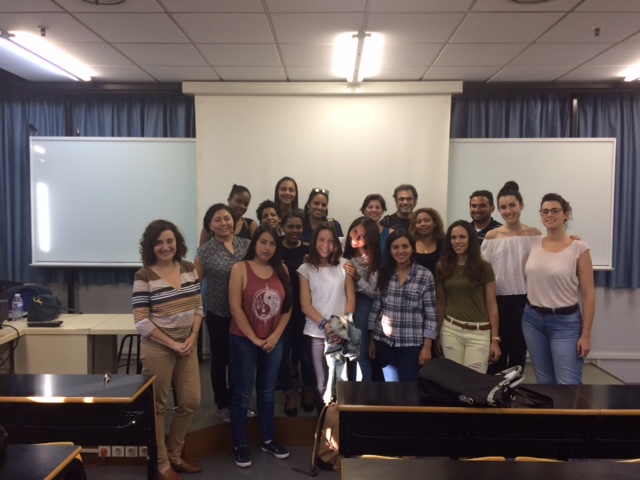
The World Health Organization (WHO ) says the virus Zika will expand throughout America because of the existence in these areas of the mosquito that transmits the disease. But Canada and Chile will be saved from the epidemic.
28 january 2016
The zika virus will extend throughout the American continent except for Canada and Chile, according to last Monday’s statements by the World Health Organisation (WHO). It extends to the zones where the Aedes aegypti mosquitos which transmit the disease (the dengue, chikungunya and the yellow fever, among others). Last recounts show that there are 18 affected countries or territories in the continent, with the main focuses in Brazil and Colombia.
Canada and Chile, the exceptions
Canadian and Chilean territories present an obstacle for the virus’ expansion due to geography and temperature.
Canadian territories hardly go above 8ºC between February and March according to the Canadian Government’s official statistics. In fact, in a great part of Canada, temperatures oscillate between -6 and -24ºC during that period. The Aedes aegypti mosquito needs of warm climates to expand.
In the case of Chile, the Atacama Desert in the north and the Andes in the west become barriers which protect the country from the virus which, apart from expanding in warm climates also does so in humid zones. The wide Atacama desert in the region of Calama - catalogued as one of the most arid places in the world- is just the opposite. For its part, the Andes are a mountain range with about 7240km which covers Chile from north to south. The mountains around Santiago de Chile show a medium height of around 5000 meters above sea level, though most of them go even higher with a medium of 6000 meters.
WHO’s messages to the citizens
The WHO and the ECDC (European Centre of Disease Control) have reminded women who are planning on visiting endemic zones to consult their doctor before traveling and, also, after the trip. For its part, the homologous American version, the CDC, recommend pregnant women (or who wish to be) to avoid travelling to zones where these mosquitoes are proliferated. The Colombian Government has done the same recommendation and has joined El Salvador, which has recommended women not to get pregnant until 2018. On the other hand, although it is already clear that the zika virus can be transmitted through blood, it has also been isolated in human semen; hence, the WHO has advised that it is necessary to carry out more tests in order to confirm if it can be sexually transmitted.
The WHO director, Margaret Chan, in her report from 26 January to the organization’s executive body: “The explosive expansion of Zika within our geographical areas is a question to be worried about”. Additionally, Chan has highlighted that, as it is a virus which has recently arrived, the population holds no previously acquired immunity. Hence, this first wave of affected people face the virus with a immunity system which has never been exposed to the virus. However, along the affected countries in the centre of Africa, continuous cohabitation with pathogens such as the Zika virus or the Malaria plasmodium, serves as a vaccination because the immune system learns to recognize and fight the threat, which reduces the gravity of successive infections.











